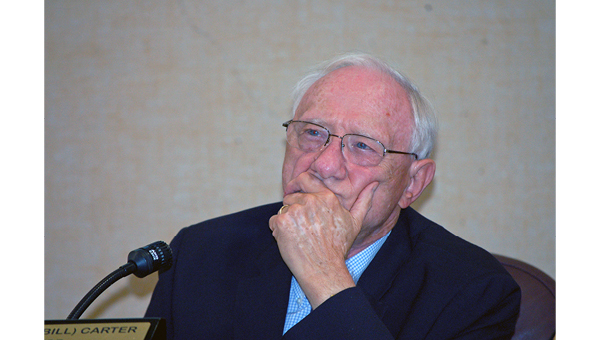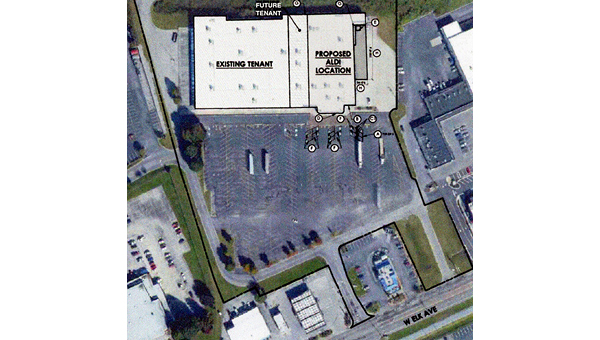Book offers a new perspective on father of prodigal son
Published 8:35 am Friday, May 3, 2019
By HUNTER GREENE
I finished a book this week by Henri Nouwen called “The Return of the Prodigal Son” that helped give me a new perspective on this story. When reading this story, we like to focus exclusively on the youngest son who left home and then returns to fall into his father’s arms. Who doesn’t like a good underdog story, right? However, Nouwen approaches this parable that everyone knows with his eyes on the father rather than the sons, and it has brought a new understanding of this story that has been transformational.
Nouwen’s primary argument is that we are to become like the compassionate father as our journey back home. He argues that both sons are, indeed, lost. One went to a distant country away from the father, but the other allowed resentment and jealousy to move him away from the father. However, Nouwen sees that Christ came to be the perfect son, showing us how to live faithfully in a distant country as well as in the father’s house without resentment.
Nouwen writes, “Jesus, the Beloved of the Father, leaves his Father’s home to take on the sins of God’s wayward children and bring them home. But, while leaving, he stays close to the Father and through total obedience offers healing to his resentful brothers and sisters. Thus, for my sake, Jesus becomes the younger son as well as the elder son in order to show me how to become the Father.”
In a nutshell, Jesus chooses to leave the Father’s table, not to live loosely with unconstrained passion as the youngest son, but rather to take on our famine, our poverty, and our bondage so that we could become free. Furthermore, Jesus chooses to be the perfect elder son who is perfectly obedient to the Father without the burdens of complaining, murmuring, or competition. Jesus became like the two broken sons in the story so that we could ultimately become like the father.
We see this echoed elsewhere in Scripture as well. 2 Corinthians 5:17-21 reads, “Therefore if any man be in Christ, he is a new creature: old things are passed away; behold, all things are become new. And all things are of God, who hath reconciled us to himself by Jesus Christ, and hath given to us the ministry of reconciliation; To wit, that God was in Christ, reconciling the world unto himself, not imputing their trespasses unto them; and hath committed unto us the word of reconciliation. Now then we are ambassadors for Christ, as though God did beseech you by us: we pray you in Christ’s stead, be ye reconciled to God. For he hath made him to be sin for us, who knew no sin; that we might be made the righteousness of God in him.”
Jesus became the worst of who we are so that we could become the best of who He is. Therefore, our goal is to become like the compassionate father in the story who provides a safe haven for all those who are hurting, broken, and lost. Nouwen writes, “As the Father, I am no longer called to come home as the younger or elder son, but to be there as the one to whom the wayward children can return and be welcomed with joy.”
Once we have been held and welcomed home by the Father, it becomes our turn to then hold and welcome others. We must not demonize those who feel lost, whether that be in a distant country or those lost at home. Rather, we must choose to give them the same unconditional love that God gives us to go and to be whoever we choose to be. We cannot control what others do, and in reality, this brings great pain and grief as we must watch people walk down the treacherous road of sin and guilt. However, we must never lose our hope or love. We must remain at home waiting for our wayward sons and daughters to come home. And when they do, we refrain from saying, “I told you so,” and instead, we go get the best robe, ring, and sandals we can find for the celebration of another child brought back to the Father’s house.
(The Solution Column is provided by Pastor Brandon Young of Harmony Free Will Baptist Church, Hampton, and his associate, Hunter Greene.)





